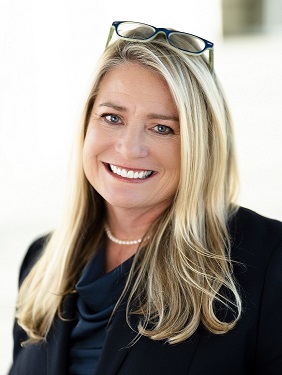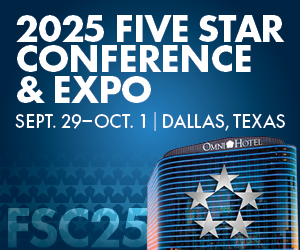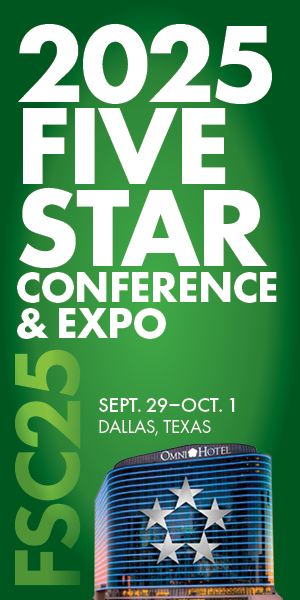The Maine Law Court recently overturned the “one and done” foreclosure rule in Maine, which, since 2017, has resulted in debtors receiving “free houses” through frequently irrelevant discrepancies in legitimate demand letters provided to debtors under Title 14 § 6111. The Law Court specifically found that such a rule, which received its legitimacy under the Deschaine/Pushard cases, created an anomaly only for Maine cases so that if there was a technical defect in a foreclosure notice, no further action could be taken to enforce the note or mortgage.
America in declaring that a typo in a demand letter will not result in the debtor receiving a free house. Maine has waited with anticipation for the decisions in Finch v. U.S. Bank, 2024 ME 2 (2024 WL 118478) and J.P. Morgan Mortgage Acquisition Corp. v. Camille J. Moulton (2024 ME 13) (argued November 1, 2022, in which Doonan, Graves & Longoria, LLC filed an amicus brief advocating that the Rule of Pushard be reversed because an invalid demand does not accelerate the loan). The Law Court agreed and, as it said itself, is moving on from “casino-by-court.”
No More “Casino-by-Court”?
Since Doonan, Graves & Longoria has waged these battles for decades, some perspective is helpful on how far we have come on this long journey. At one point, Maine stood alone, in several respects, which seriously chilled lending, impeded servicing, and hamstrung loan sales. Maine had a singular perspective on evidence, which required that all servicers that had touched a loan must testify as to the related business records. Maine alone required nonexistent probate estates to be joined as necessary parties. Maine defense counsel even argued that law firms could not send acceleration notices under the Maine Statute.
We fought these rules in both the State and Federal Courts and through the Jones, Needham, and Keniston decisions confirmed that basic business records exceptions to the hearsay rule apply in foreclosure trials; agency relationships apply to foreclosure matters; and fictional parties are no longer required to be named in foreclosure cases.
Finch, in essence, adopts the argument we made in our Amicus that the demand letter, in and of itself, does not accelerate the entire loan (See also Moulton@ ¶ 12). There are several relevant points in the Finch and Moulton decisions, which represent a sea-change in Maine Law, but the ability to redemand and restart a foreclosure will have the most impact. The Law Court suggests that sanctions may be used more frequently by trial courts for abuses in the foreclosure context. Additionally, there is clearly a risk that if a demand is defective, any interest that accrues from the original default to the finding that the demand is defective is not collectable (Moulton @ ¶ 14). That risk will sufficiently incentivize compliance, and the draconian “Free House” rule has ended.
In Finch, we learned that Jimmy Stewart was right: you can succeed by fighting for what seems to be a lost cause. We will continue to fight for our clients. We will review pending litigation and outline strategic recommendations for all impacted files.
If you would like to learn more about these decisions or our Default Services in Maine, Massachusetts, and New Hampshire, please reach out and contact Attorney Longoria or our Business Development Lead, Beth Stillings, to set up time to discuss. (bs@dgandl.com and rjl@dgandl.com).










